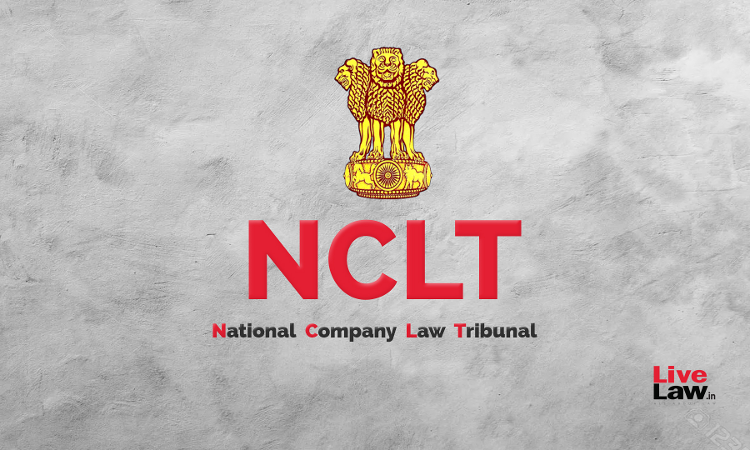The National Company Law Tribunal (“NCLT”), Ahmedabad Bench, comprising of Mrs. Chitra Hankare (Judicial Member) and Dr. Velamur G Venkata Chalapathy (Technical Member), has held that the dues of Employees State Insurance Corporation (ESIC) are not at par with the dues of Provident Fund, Pension Fund or Gratuity Fund under IBC. Consequently, ESIC dues not being 'workmen dues',...

